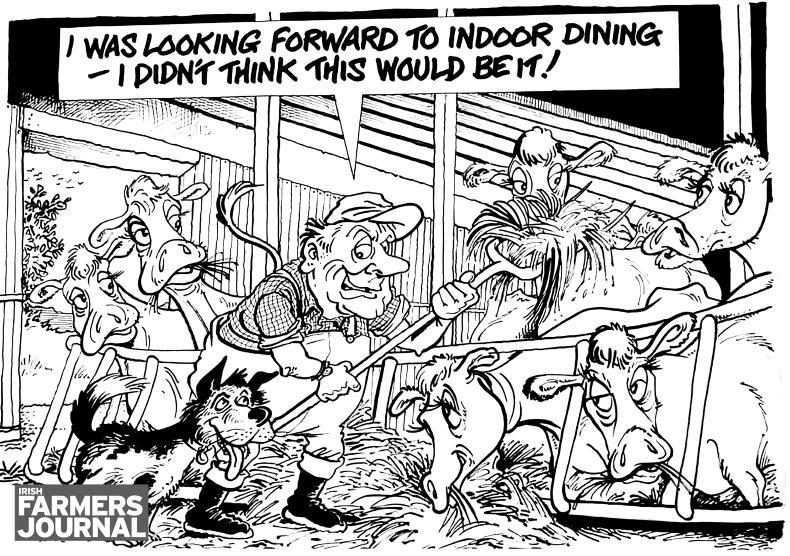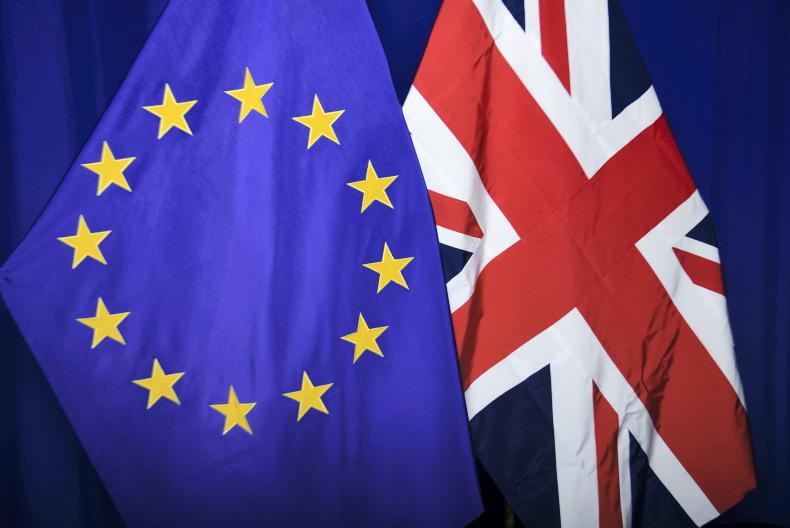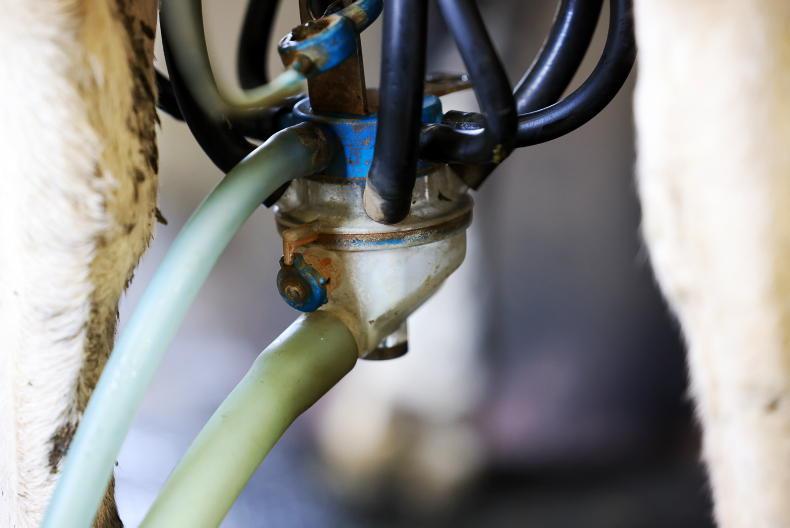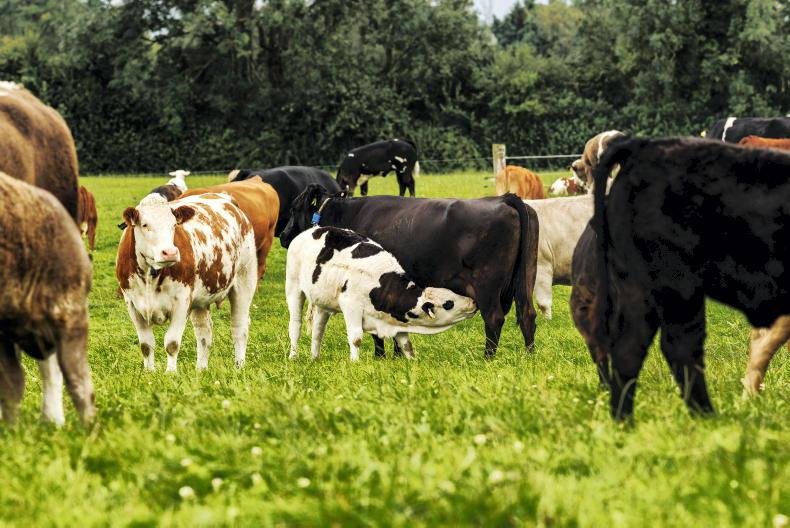As the UK advances trade negotiations with Australia and New Zealand, the realities of Brexit are dawning for British and Irish farmers. This is the first step in internationalising the UK food market. A trade template has now been developed by the UK government that will no doubt be accessed by South American countries and the US in the coming months and years.
Quickly we will see a two-tiered food market develop in Britain. The premium domestic market will be serviced by British produce while the high-volume budget market will be supplied by international imports aligned with world market prices.
While our dairy, pigmeat and poultry sectors will be in a position to compete in such an environment, the market will quickly become shut off to large volumes of Irish beef and – to a lesser extent – sheepmeat.
A further challenge will be that under the terms of the Brexit agreement, surplus British beef and lamb will maintain free access into the EU market. It is the worst of both worlds for Irish beef and sheep farmers: squeezed out of the UK market while facing increased competition from British product in the EU market.
Cheap food policy
Those who refuted that such an outcome would materialise in the wake of Brexit were either trying to lure farmers into a false sense of security or simply had no understanding of how deeply wedded the corridors of Westminster are to a cheap food policy.
To date, there has been little debate or policy discussion around how the €1bn Brexit Adjustment Reserve fund allocated to Ireland should be deployed to support farmers. This is one area where farm organisations should unite.
They need to present a strong, united voice on why the vast majority of this funding should be ring-fenced to protect farm incomes and how it should be deployed strategically to restructure the beef and sheepmeat sectors in preparation for the market landscape that lies ahead.
While it has gone off the national agenda, Brexit is just beginning for Irish farmers.

\ Jim Cogan
Environment: climate change targets need clear costings
In their report titled Looking Beyond COVID-19, the Irish Fiscal Advisory Council has warned Government that climate change targets need clear costings.
The 135-page report deals with a broad range of financial issues facing the Irish economy in coming years. What stands out for farmers is the unequivocal call for Ireland’s ambitious climate measures to be costed as “the process will require a fundamental reorientation of how the economy operates”.
The Fiscal Advisory Council is concerned from the perspective of the demands on national finances but farmers are on the front line for carrying the costs. The least the Government can do is undertake a meaningful assessment of just how much this will be.
Meanwhile this week, Matt Dempsey highlights calls by former European commissioner for agriculture Franz Fischler for extra carbon sequestered on farms to be included in an internationally recognised trading scheme. It is critical that farmers remain centrally involved as policy develops in this area.
As the UK advances trade negotiations with Australia and New Zealand, the realities of Brexit are dawning for British and Irish farmers. This is the first step in internationalising the UK food market. A trade template has now been developed by the UK government that will no doubt be accessed by South American countries and the US in the coming months and years.
Quickly we will see a two-tiered food market develop in Britain. The premium domestic market will be serviced by British produce while the high-volume budget market will be supplied by international imports aligned with world market prices.
While our dairy, pigmeat and poultry sectors will be in a position to compete in such an environment, the market will quickly become shut off to large volumes of Irish beef and – to a lesser extent – sheepmeat.
A further challenge will be that under the terms of the Brexit agreement, surplus British beef and lamb will maintain free access into the EU market. It is the worst of both worlds for Irish beef and sheep farmers: squeezed out of the UK market while facing increased competition from British product in the EU market.
Cheap food policy
Those who refuted that such an outcome would materialise in the wake of Brexit were either trying to lure farmers into a false sense of security or simply had no understanding of how deeply wedded the corridors of Westminster are to a cheap food policy.
To date, there has been little debate or policy discussion around how the €1bn Brexit Adjustment Reserve fund allocated to Ireland should be deployed to support farmers. This is one area where farm organisations should unite.
They need to present a strong, united voice on why the vast majority of this funding should be ring-fenced to protect farm incomes and how it should be deployed strategically to restructure the beef and sheepmeat sectors in preparation for the market landscape that lies ahead.
While it has gone off the national agenda, Brexit is just beginning for Irish farmers.

\ Jim Cogan
Environment: climate change targets need clear costings
In their report titled Looking Beyond COVID-19, the Irish Fiscal Advisory Council has warned Government that climate change targets need clear costings.
The 135-page report deals with a broad range of financial issues facing the Irish economy in coming years. What stands out for farmers is the unequivocal call for Ireland’s ambitious climate measures to be costed as “the process will require a fundamental reorientation of how the economy operates”.
The Fiscal Advisory Council is concerned from the perspective of the demands on national finances but farmers are on the front line for carrying the costs. The least the Government can do is undertake a meaningful assessment of just how much this will be.
Meanwhile this week, Matt Dempsey highlights calls by former European commissioner for agriculture Franz Fischler for extra carbon sequestered on farms to be included in an internationally recognised trading scheme. It is critical that farmers remain centrally involved as policy develops in this area.











SHARING OPTIONS